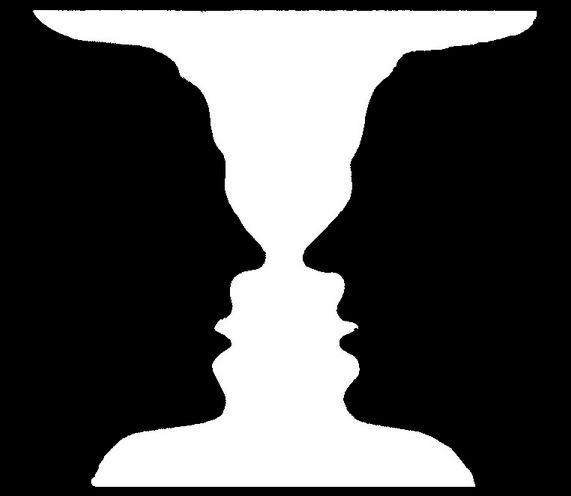
Define what is Gestalt psychology?
Gestalt psychology is the thought that studies human behaviour and mind as one complete formation. It was founded during the 20th century and explained the concept for the contemporary study of perception. Max Wertheimer originated his work in this area. Gestalt psychology also took shape to some extent as an answer to Wilhelm Wundt’s structuralism and was highly influenced by many other thinkers like Ernst Mach, Immanuel Kant, Johann Wolfgang von Goethe and others.
The Gestalt effect is the ability of our mind, mainly with reverence to the optical recognition of figures as well as whole forms as an alternative of only a collection of easy lines and bends.
The theory of Gestalt psychology accentuates that a whole thing is greater than its smaller parts. That means, the characteristics of anything whole cannot be assumed from the analysis of its parts separately.
In current German language Gestalt means the approach in which a thing is put together or placed. The word has no exact substitute in English although the terms shape and form are generally used as translations. In terms of psychology, it is frequently interpreted as configuration or pattern.
Gestalt theories are used in place of phenomenology. This method describes the direct psychological understanding without any restrictions. Gestalt psychology was partly made as an effort to include a humanistic aspect to the scientific study of psychological existence.
Gestalt psychology additionally wanted to include the merits of form, value and meaning that current psychologists either left uncared for or supposed to fall in the outer boundaries of science.
The initial Gestalt studies were concerned about perception along with an emphasis on optical perceptual organisation as described by the occurrence of delusion. In later years Wertheimer revealed the phi phenomenon, a visual illusion. The justification of this fact is also recognized as perseverance of vision. It is experienced while screening motion pictures. This offered strong hold for Gestalt philosophy.
Under the old theory the atmosphere of perceptual experience rises in conversation relating to substantial stimuli. The consequences of the phi phenomenon were actually incomprehensible. Wertheimer understood that the professed motion is a developing experience. It is not there in the motivation in isolation but it is dependent up on the relational characters of the inspiration. As the progress is apparent, the nervous system of the observer and the experience, do not inertly register the substantial input in a progressive way. Relatively, the neural association and the perceptual understanding bounce right away into survival as an entire ground with distinguished parts.
Major explanations of the recent formulation take place within subsequent decades. Wertheimer, Koffka, Kohler and their students completed the Gestalt approach to inconvenience in other regions of thinking, learning, problem solving and perception. The Gestalt principles were afterwards applied to inspiration, personality and social psychology and economic behaviour to aesthetics. Wertheimer confirmed that Gestalt theory could be used to get rid of problems in principles, political activities and the character of certainty. Gestalt psychology’s customs continued in the perceptual studies commenced by Hans Wallach and Rudolf Arnhem in the United States.


